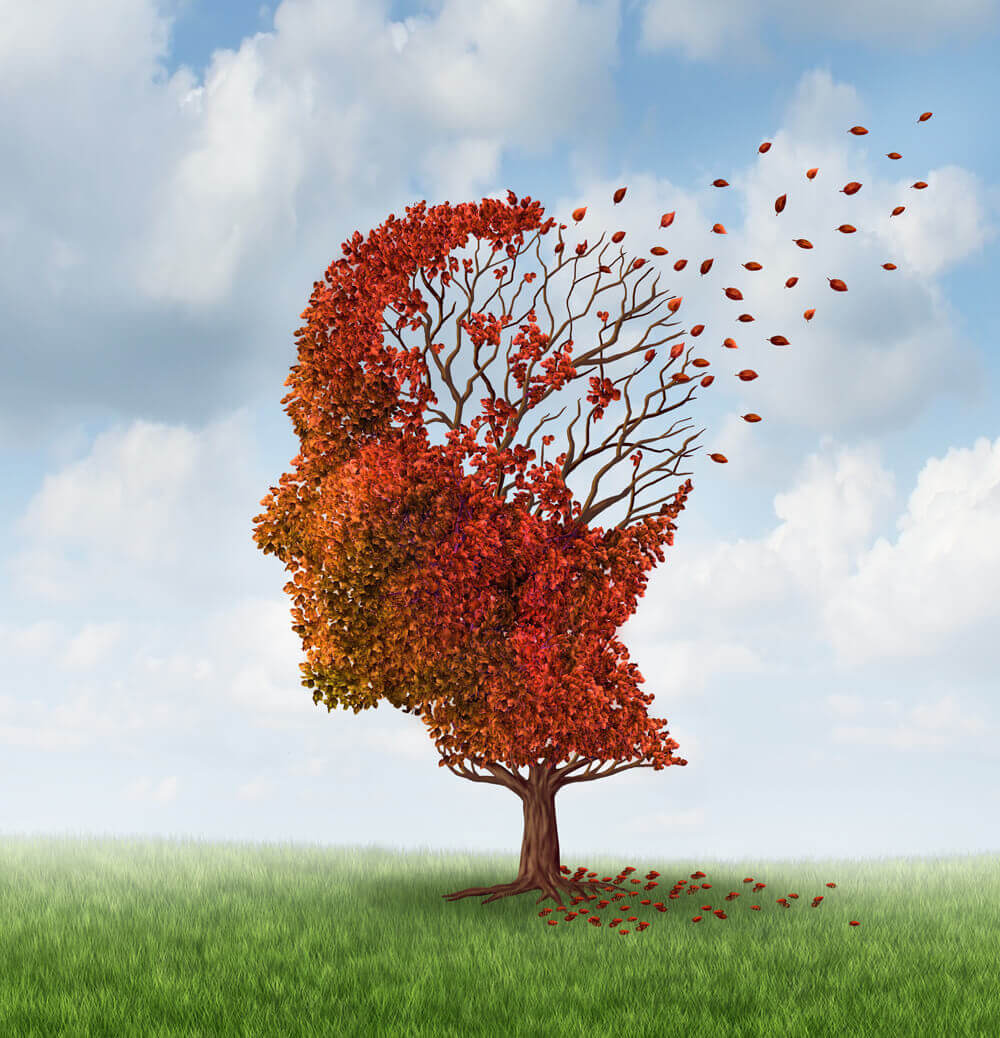Written by Lauren James Budhu
The most prevalent form of dementia, Alzheimer's is a disease that many have been affected by in one way or another– whether it’s a parent, a grandparent, aunt or uncle, or even a family friend. This month on September 21st, World Alzheimer’s Day will aim to bring more awareness to the disorder.
According to the Mayo Clinic, Alzheimer’s disease is a disorder characterized by changes in the brain that lead to deposits of proteins. It causes the brain to shrink and cells to eventually die, resulting in a gradual decline in memory, thinking, behavior, and social skills. This ultimately diminishes a person’s ability to function. Nearly 6.5 million people in the United States aged 65 years and older live with the debilitating disease. This included my grandfather and best friend who succumbed to it 10 years ago this year.
Early signs of Alzheimer’s include forgetting recent events or conversations and overtime, it typically progresses serious memory problems and the ability to perform daily tasks. While medicines may improve or slow the progression of the disease, there is currently no treatment that fully cures it.
However, that is not to say that good news isn’t on the horizon. This year, researchers discovered fresh gene variations related to Alzheimer’s risk, which could pave the way for predictive blood tests in the future. This new research could significantly aid in diagnosing Alzheimer’s before symptoms even emerge.
Alzheimer’s is a disease that has thousands of factors influencing it. This includes amyloid plaques and tau tangles, as well as dozens of other factors such family history, advanced age, past head trauma, etc.
However, there are some ways to love your brain that may make a difference in your risk:
● Break a sweat: Hit the pavement and get your heart rate up to increase blood flow to the brain and body. Numerous studies have found an association between physical activity and reduced risk of cognitive decline.
● Hit the books: Formal education in any stage of life will help reduce your risk of cognitive decline and dementia. Take a class at a community college, local recreation center, or online.
● Nix the cigs: To no surprise, evidence has shown that smoking increases the risk of cognitive decline and many other ailments.
● Follow your heart: Risk factors for cardiovascular disease such as obesity, high blood pressure, and diabetes can negatively impact your brain. Take good care of your heart and your brain might follow.
● Heads up! Protect your noggin by always wearing a seat belt, using a helmet when doing contact sports or riding a bike, and taking steps to prevent falls. Brain injury can obviously raise your risk of cognitive decline and dementia.
● Fuel up right: Eat a healthy diet that is lower in fat and higher in vegetables and fruits to help reduce the risk of cognitive decline. Certain diets like the Mediterranean and Mediterranean-DASH (Dietary Approaches to Stop Hypertension) contribute to risk reduction. Don’t be afraid to nosh on that yummy hummus or tabbouleh!
● Challenge your mind: Keep your mind sharp by doing something challenging like building a piece of furniture, completing a jigsaw puzzle, or playing games like bridge. Challenging your mind may have short- and long-term benefits on your brain.
To celebrate World Alzheimer’s Day coming up on September 21st, help spread awareness, volunteer at your local Alzheimer’s association or donate! Let’s work together to see an end to this brain disorder in our lifetime.


















